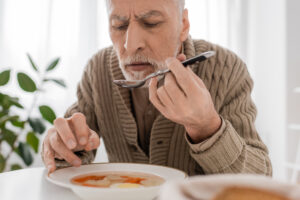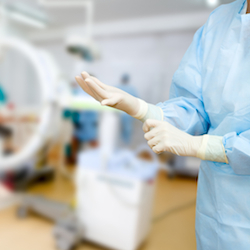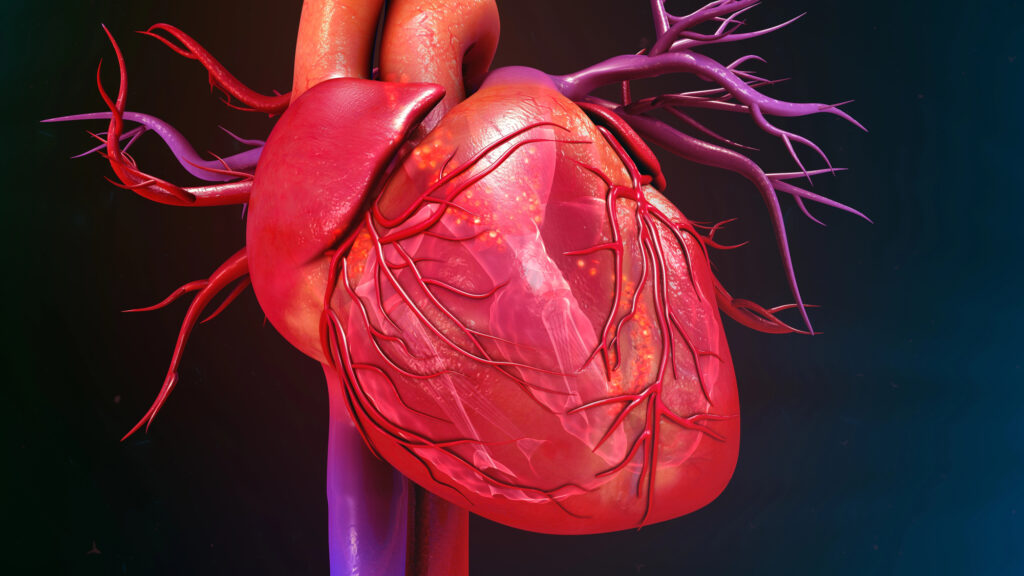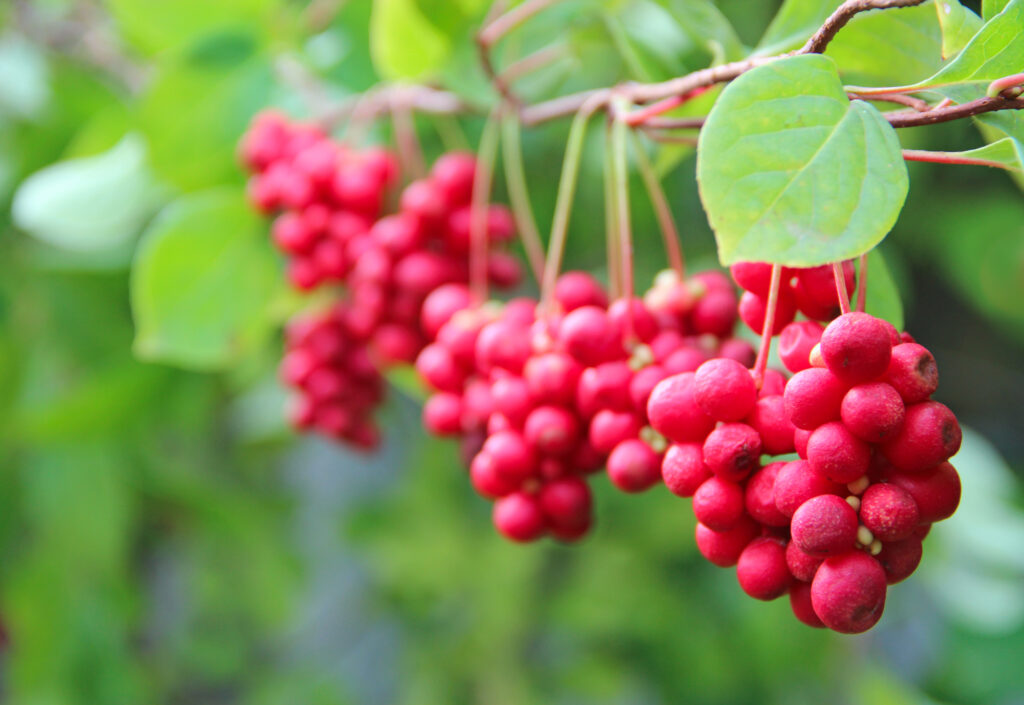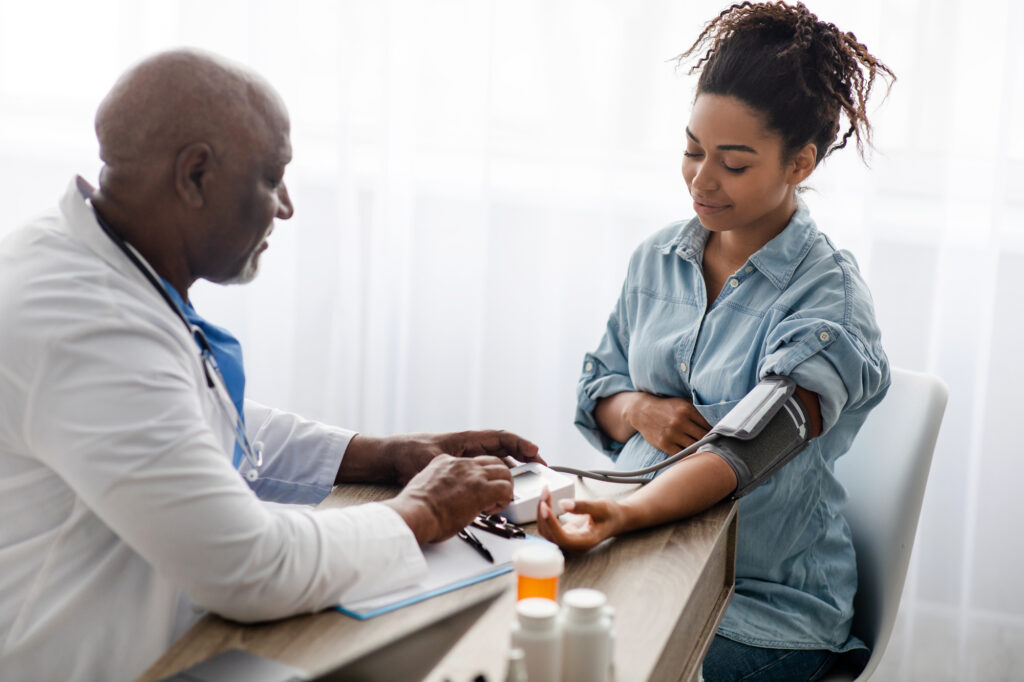Abstract / Preventing organ dysfunction and immune suppression by inhibiting excess inflammation is considered an important aspect of perioperative surgical management. It has been reported that cystine and theanine, amino acids related to glutathione synthesis, have immunomodulatory effects, such as suppressing inflammation after strenuous exercise. In this study, researchers examined the effects of perioperative supplementation oral administration of cystine and theanine during the perioperative period as a pilot study. By Tomohiro Miyachi MD, Takashi Tsuchiya, MD et al., published in J of Parenteral and Enteral Nutrition, 2012
Forty-three cases of distal gastrectomy for cancer conducted in our department were assigned to the cystine and theanine group (CT group) or to the placebo control group (P group), and a randomized, singleblind, parallel-group study was then performed. Cystine (700 mg) and theanine (280 mg) or a placebo was administered to participants for 10 continuous days (4 days before to 5 days after surgery). Changes in pre- and postoperative interleukin (IL)–6, C-reactive protein (CRP), albumin, white blood cell (WBC) count, neutrophil count, total lymphocyte count, resting energy expenditure (REE), and body temperature were compared and examined.
Ten patients were excluded, leaving 33 patients in the study. The CT group had significantly lower IL-6 values (postoperative day [POD] 4), CRP levels (POD 7), neutrophil counts (POD 4), and body temperatures (POD 5) than the P group (P < .05). In addition, REE in the P group peaked on day 1 (1.14 ± 0.16 [pre- and postoperative ratio]), whereas the CT group did not show any increase on POD 1 (0.99 ± 0.21, P < .05 vs P group). This study suggests that oral administration of cystine and theanine during the perioperative period may alleviate postgastrectomy inflammation and promote recovery after surgery.
Administering the amino acids cystine and theanine has been shown to significantly suppress increases in C-reactive protein (CRP) levels and neutrophil counts and decreases in the number of lymphocytes after excessive exercise, resulting in a reduction in excessive inflammation and immune dysfunction; similar effects are expected to result from immunonutrition. Cystine is a sulfur-containing amino acid that consists of 2 cysteine molecules joined by a disulfide bond. Transporters on cell membranes (including those of neutrophils, macrophages, and dendritic cells) mediate the uptake of cystine into cells, and then thioredoxin rapidly reduces it to produce cysteine.
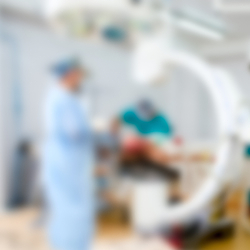
Studies of patients receiving elective abdominal surgery have found that GSH levels in blood and skeletal muscle decrease by 10% and 42%, respectively, within 24 hours of surgery, and preventing this reduction in GSH may reduce immune suppression during the perioperative period.
In this study, the researchers postulated that cystine and theanine would reduce excessive inflammation and immune suppression during the perioperative periods of abdominal surgeries, which decreases GSH levels in blood and skeletal muscle. This pilot study founds positive effects of perioperatively administering cystine and theanine on the postoperative course of gastric cancer patients undergoing distal gastrectomies.
CLICK HERE TO DOWNLOAD FULL STUDY



